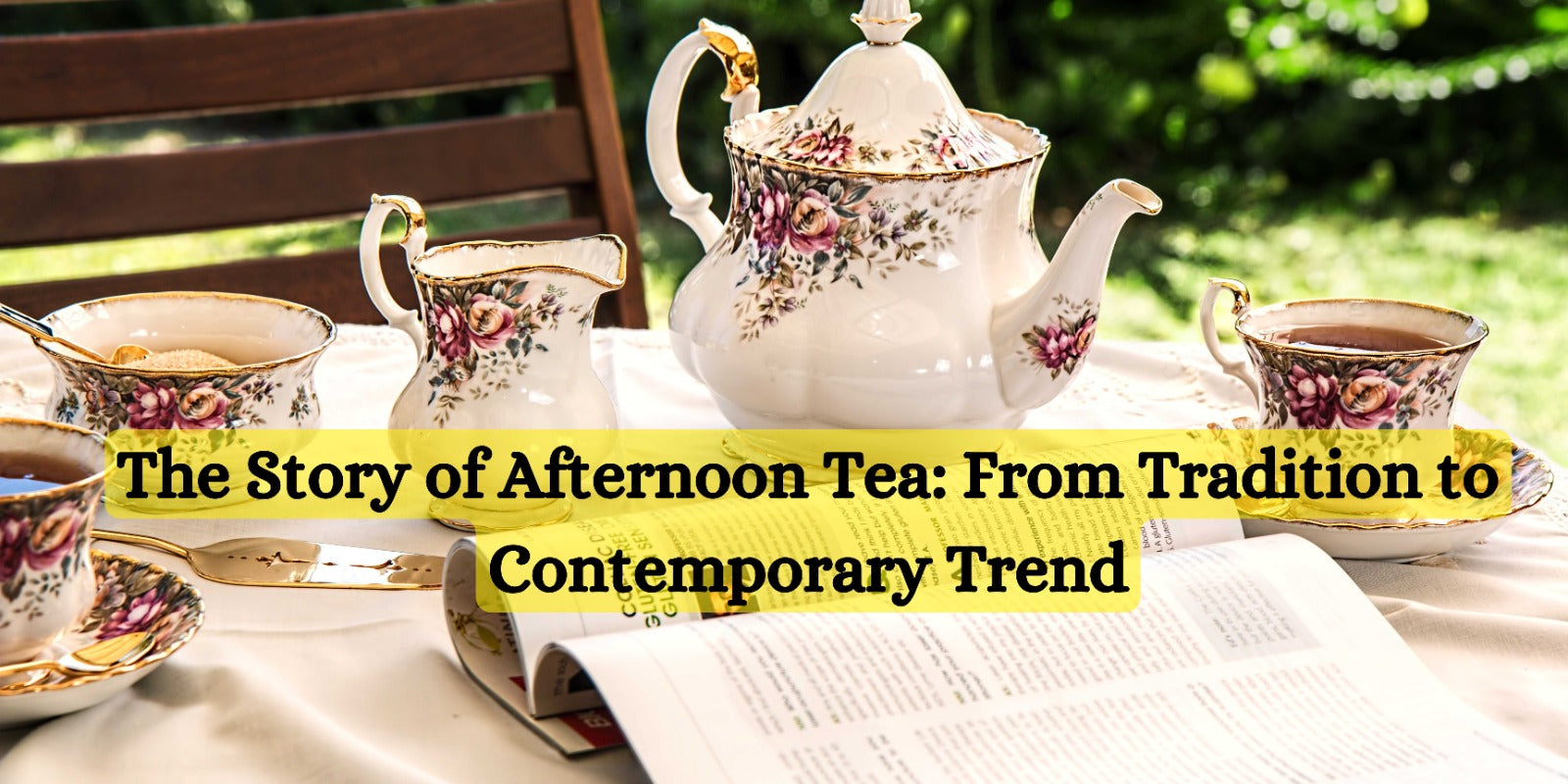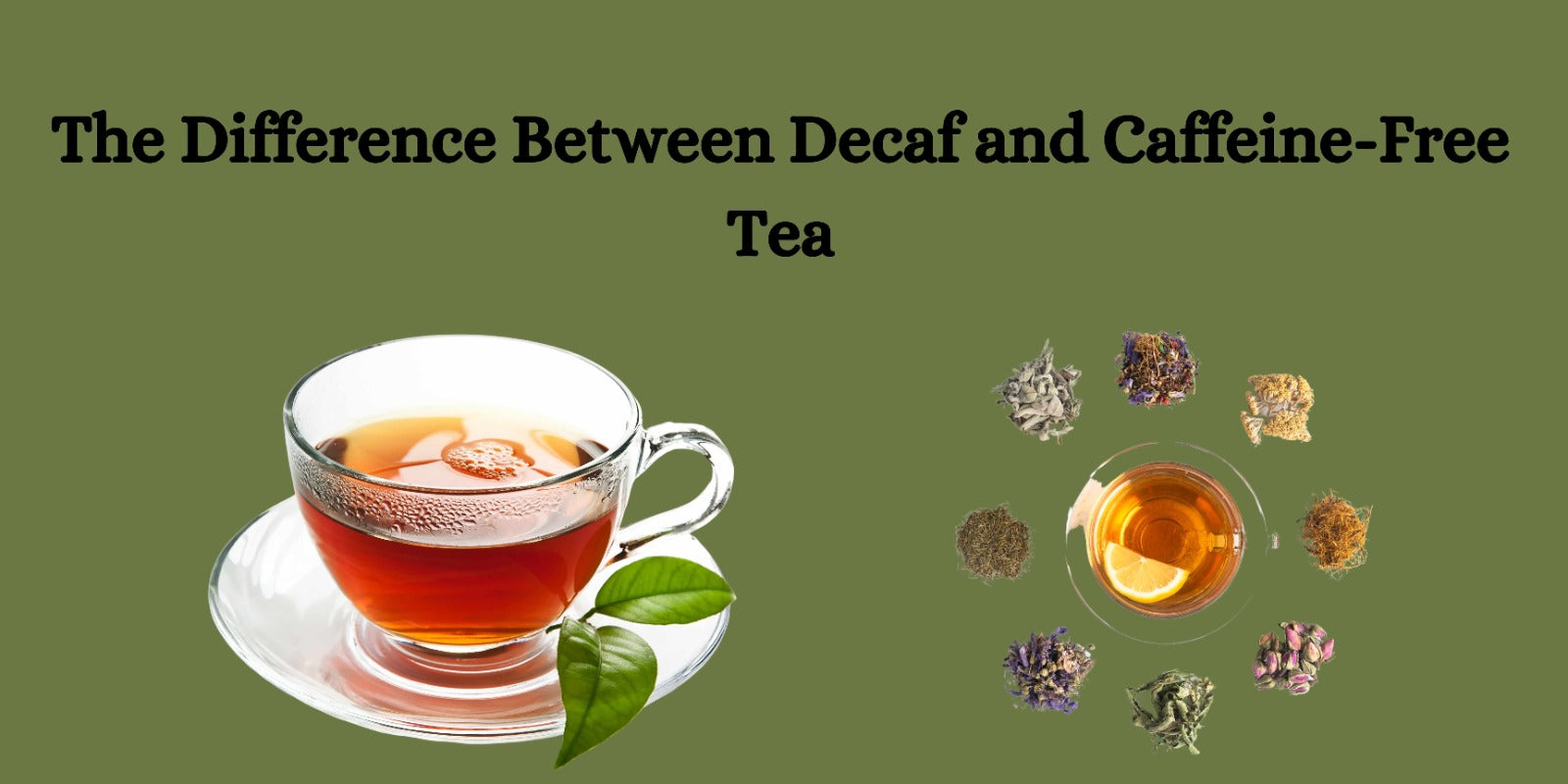Tea has long been cherished as a soothing and calming beverage, but its power extends far beyond the cup. In aromatherapy, tea—especially herbal tea varieties—plays a vital role in promoting relaxation, enhancing mood, and offering therapeutic benefits through its fragrances. The use of tea in aromatherapy brings together the comforting scent of herbs and flowers with the healing effects of inhaling natural aromas, helping people relax both mentally and physically.
In this blog, we will explore the power of tea in aromatherapy, its benefits, and how it can be incorporated into your wellness routine.
What Is Aromatherapy?
Aromatherapy is a holistic healing practice that uses the natural scents of essential oils and plants to improve physical and emotional well-being. These scents, when inhaled or absorbed through the skin, stimulate the brain and affect our emotions and body systems. Aromatherapy has been used for centuries in various cultures to reduce stress, promote sleep, boost energy, and relieve symptoms of ailments like headaches and muscle tension.
While essential oils are commonly used in aromatherapy, tea also has its place in this practice due to its powerful aromas. The infusion of tea leaves and herbs releases fragrant compounds that can have a calming and restorative effect when used in aromatherapy.
How Tea Benefits Aromatherapy
Tea offers many aromas, from the floral notes of chamomile to the refreshing scent of peppermint. These scents can be used in a variety of ways to help reduce stress, improve focus, and promote overall wellness.
Here are a few key benefits of using tea in aromatherapy:
-
Stress Relief and Relaxation
Herbal teas like chamomile and lavender are known for their calming and soothing properties. Their gentle aromas help ease anxiety and stress when inhaled. Incorporating chamomile or lavender tea into your aromatherapy routine can help create a peaceful atmosphere, especially during meditation or before bedtime. -
Improved Sleep Quality
The relaxing aroma of herbal teas like valerian root and passionflower can be beneficial for those struggling with insomnia or poor sleep quality. These teas release subtle, sleep-inducing fragrances that help prepare the mind and body for rest. Simply brewing a cup of these herbal teas and inhaling their aromas before bed can improve sleep. -
Enhanced Focus and Mental Clarity
Teas like peppermint and green tea are refreshing and invigorating. Their crisp, clean scents can help boost concentration and mental clarity, making them perfect for use during work or study sessions. Inhaling the aroma of a freshly brewed cup of peppermint tea can clear your mind and provide a much-needed burst of energy. -
Mood Enhancement
Certain herbal teas, such as jasmine and rose tea, have uplifting floral fragrances that can elevate your mood. These delicate scents can reduce feelings of sadness or depression and help you feel more balanced and centered. Using teas with floral or citrusy aromas can bring a sense of joy and positivity into your day.
Ways to Use Tea in Aromatherapy
There are several ways you can incorporate tea into your aromatherapy practice:
-
Inhalation
The simplest way to enjoy the aromatherapy benefits of tea is to brew a cup and breathe in its steam. The warm steam carries the tea’s fragrant compounds, providing a soothing experience. Herbal teas with strong aromas like peppermint, chamomile, or lavender are especially effective when used this way. -
Tea-Infused Bath
Adding brewed tea to your bathwater can provide both aromatic and skin-soothing benefits. Simply steep a few bags of herbal tea (such as chamomile or jasmine) in hot water, then pour the tea into your bath. The steam from the bath will release the tea’s fragrance, while the water helps nourish your skin. -
Tea Sachets
Tea sachets filled with dried herbs or tea leaves can be placed under your pillow, in drawers, or hung in the shower. These sachets release a constant, gentle aroma that can provide long-lasting relaxation or help uplift your mood throughout the day. -
Room Spray or Diffuser
For a more lasting effect, brew a strong tea infusion and add it to a spray bottle with water. Spritz the tea around your room or use it as a mist on pillows and linens. Alternatively, you can use tea-scented essential oils in a diffuser to fill your space with calming or energizing aromas.
Conclusion
Tea in aromatherapy offers an easy and natural way to enhance both your emotional and physical well-being. Whether you're using it for relaxation, improved sleep, or mental clarity, the scents of herbal teas can have a powerful impact on your mood and stress levels. By incorporating tea into your aromatherapy routine, you can tap into the natural healing power of tea to create a more peaceful, balanced life.




